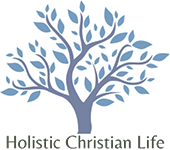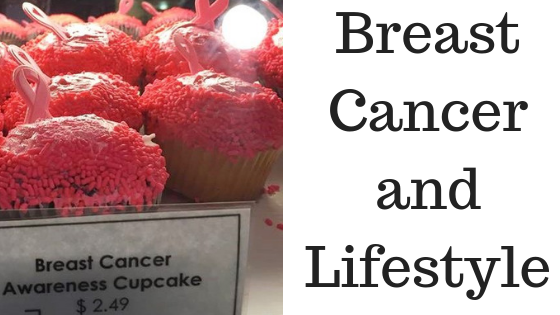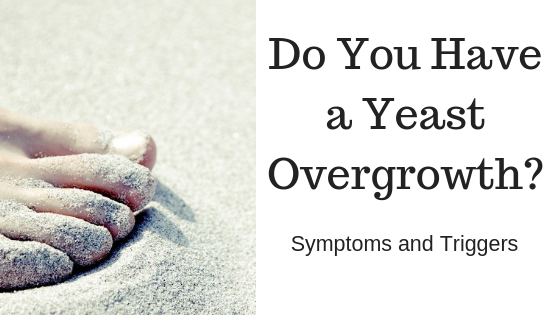As the month of October winds down, we are used to seeing the pink ribbons and being asked to support breast cancer awareness. I often wonder if people are aware that their lifestyle affects their risk. What we need is education. The picture I post each year is the one with the pink cupcakes that you are seeing here. It was found at the University of Chicago Hospital where I waited while my father in law was getting a chemo treatment. The grave situation we were in and the absurdity of these cupcakes hit me hard. It is well known that sugar feeds cancer. It is well known that artificial dyes are connected to disease which includes cancer. Pink cupcakes? Really? And in a hospital?
This is why I am so very happy to introduce you to Marcia Moore. Marcia is a dear friend, a health coach, and is making it her priority to specialize in working with women who have had breast cancer. She helps them get their health back and change their lifestyle to reduce the chance of re- occurrence. She wrote a special blog post for us today, and I urge you to let me know if you would like to get in touch with her. Many breast cancer survivors need support and encouragement. They need someone like Marcia to guide them. Well, that’s my biased opinion 🙂
This post is by Marcia:
The month of October is breast cancer awareness month. As we adore public places with pink ribbons to support the cause, we are sobered by the fact that 1 of 8 women in the United States will be diagnosed with breast cancer. An estimated 330,000 new cases are expected to be diagnosed this year alone.
With these sobering statistics, we cannot help but think about what we can do as women to lower our risks of getting this disease.
For me, I think of what I can do to prevent re-occurrence of breast cancer. My family has a long history of breast cancer. My grandmother was diagnosed as a middle- aged woman and at that time, the best treatment was a radical mastectomy. It left my grandmother with severe lymphedema (swelling) and the inability to use her arm. She had to have a caretaker with her at all times until her death. Many years later my mother was diagnosed with breast cancer. Surgical techniques had advanced dramatically. My mother had a lumpectomy (leaving her breast in place but removing the tumor) and radiation treatment. She was healthy for a time, but the cancer came back with a vengeance and finally took her life. Eight years ago, I was diagnosed with breast cancer. I had a lumpectomy, radiation and chemotherapy and a newer drug called Herceptin. Within the same year my sister was diagnosed with breast cancer and opted for a double mastectomy and reconstruction.
Needless to say, I have an insatiable desire to learn about breast cancer prevention and a need to advocate for the cause to find a cure.
After recovering from my cancer treatment, I jumped into action. As an Occupational Therapist and health educator by profession, I taught exercise and activity programs as part of rehabilitation treatment plans. Stress reduction, work simplification and energy conservation were all familiar to me. What was missing?
In talking to my dear friend, Cynthia Damaskos, she shared her journey of becoming a Health Coach. The information she learned intrigued me and with little persuasion I enrolled at the Institute of Integrative Nutrition and graduated as a Health Coach. In tandem, I volunteered for American Cancer Society becoming chair of the Regional Leadership Council and a member of the ACS Women’s Leadership Circle.
What I have learned from all my education and experience is that no person’s health journey is the same. It is important to surround yourself with healthcare providers and family/friends that support your health goals. If you need added support, a Health Coach can help you make lifestyle changes necessary to optimize your health.
For breast cancer risk reduction and prevention, I will leave you with 4 recommendations.
- Clean up your diet
- Balance blood sugar. Spikes in insulin and glucose feed cancer cells.
- Exercise daily
- Reduce your body fat percentage – especially after menopause. During that time in life fat becomes the primary source of estrogen production in the body.
- Reduce Stress
- Chronic elevation in stress hormones weakens your immune system
- Get your mammogram
- Recommendations and opinions vary, but right now the American Cancer Society recommends women age 45-54 should have a screening mammogram every year and women ages 55+ should have a biennial screening or continue annual screening.
Marcia Moore MS, OTR, INHC
PS from Cynthia: There are many studies that do not agree with mammogram screening. In the interest of giving you both sides, here are a couple articles that refer to them so that you can make an informed decision:
http://www.greenmedinfo.com/blog/mammograms-lead-invalid-diagnoses-cause-harm
http://www.greenmedinfo.com/blog/women-know-refuse-mammograms
Disclaimer: We are not guaranteeing that you will not get cancer with the advice above. It is the start of prevention and management, but there are many other components at work, and other methods to employ. One of Cynthia’s favorite sites that she used when her father in law had lung cancer was The Truth About Cancer.



